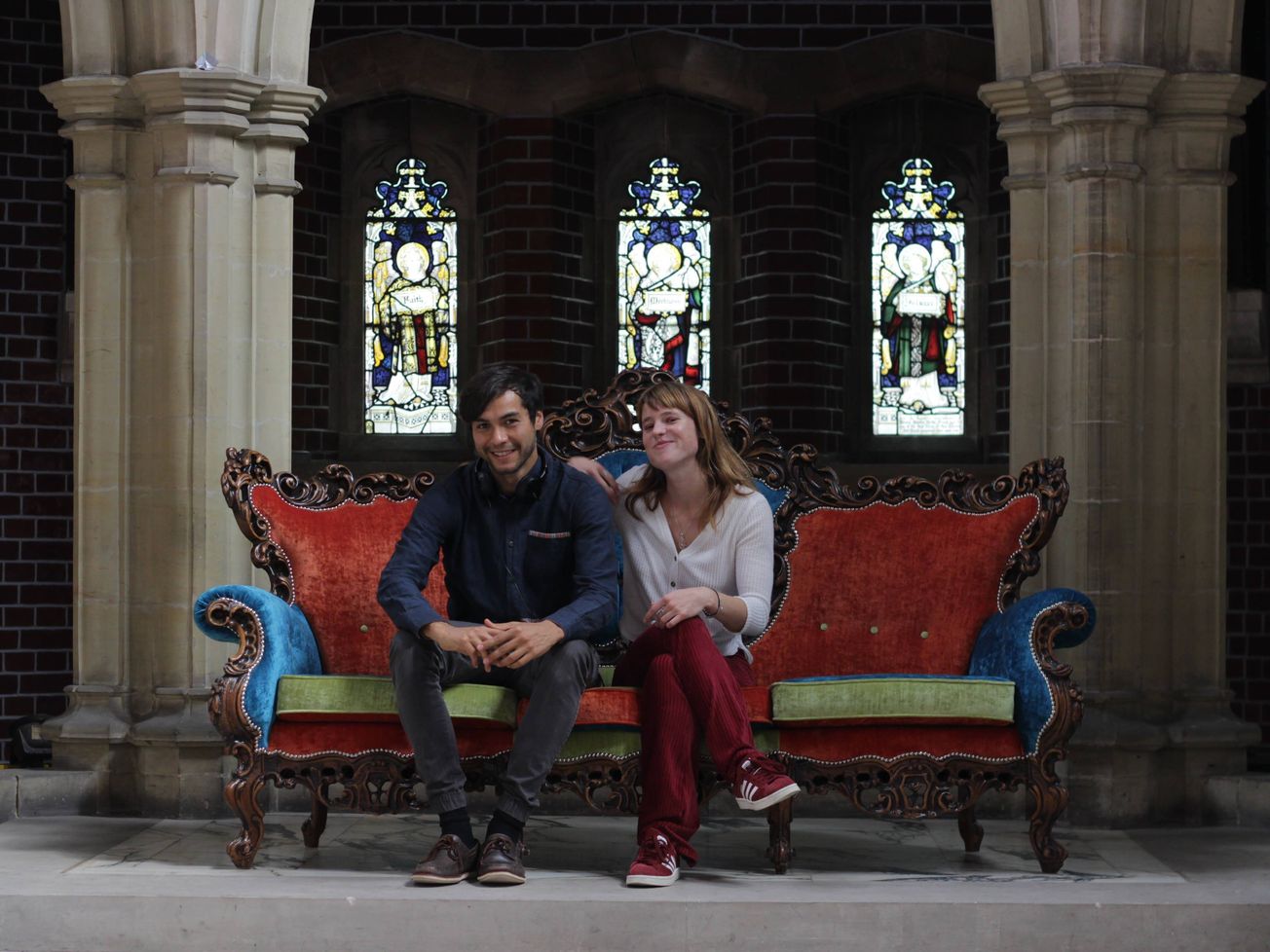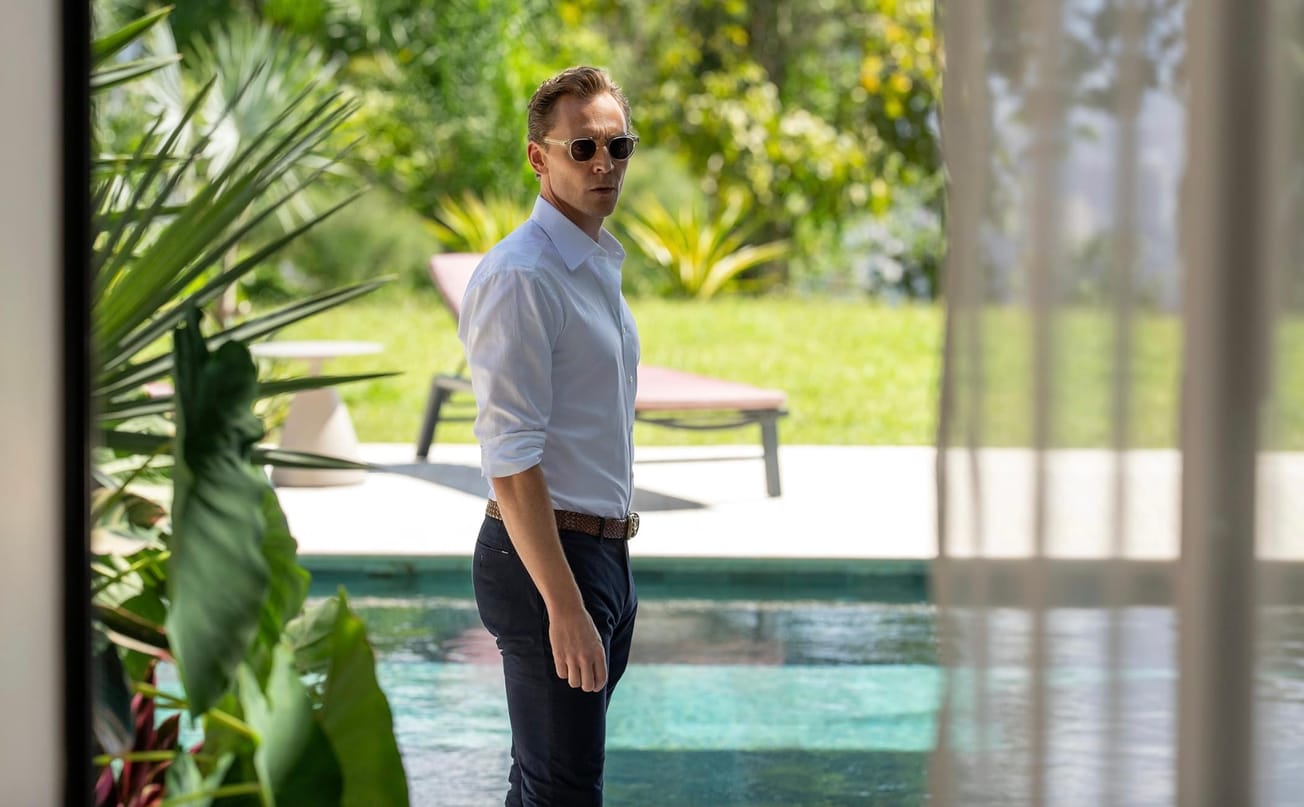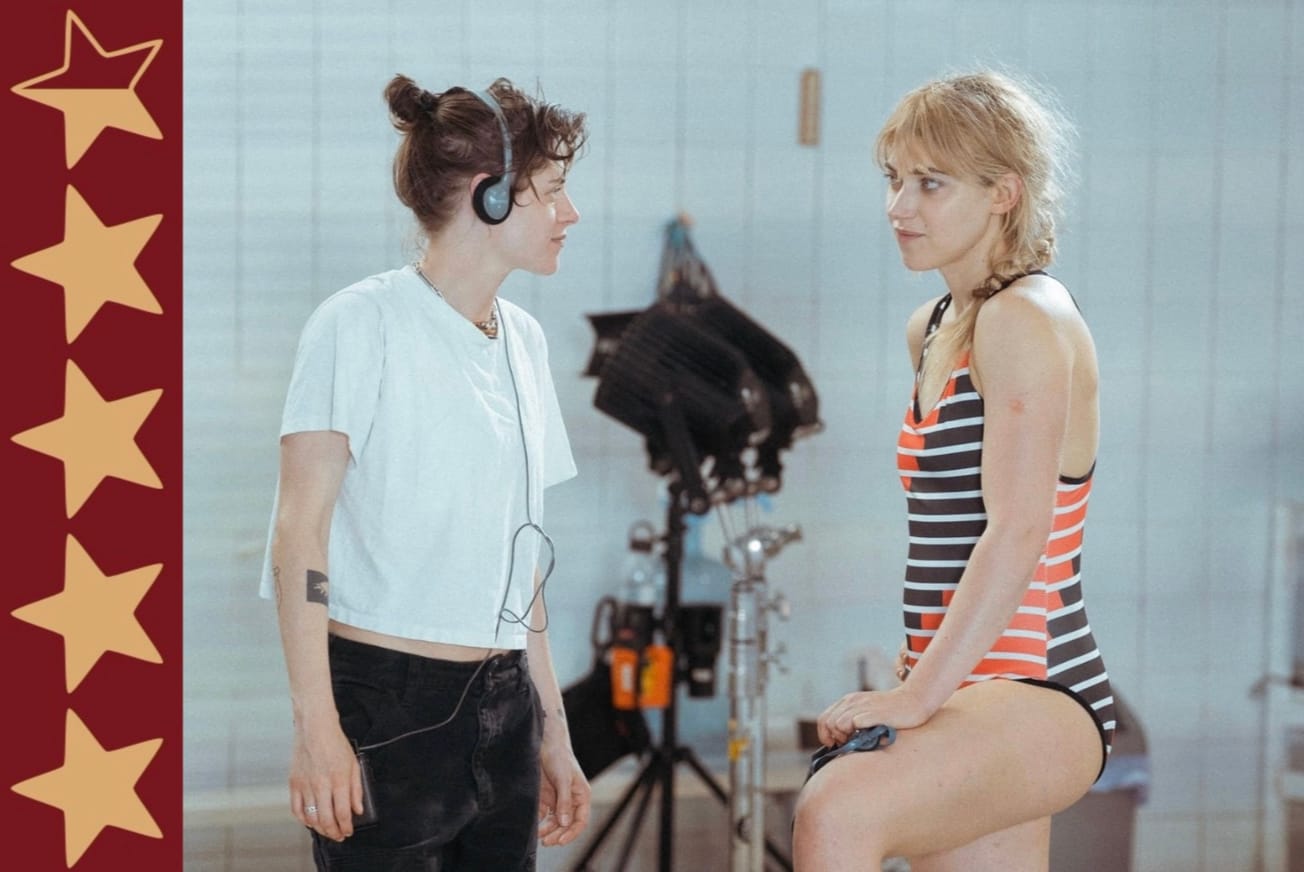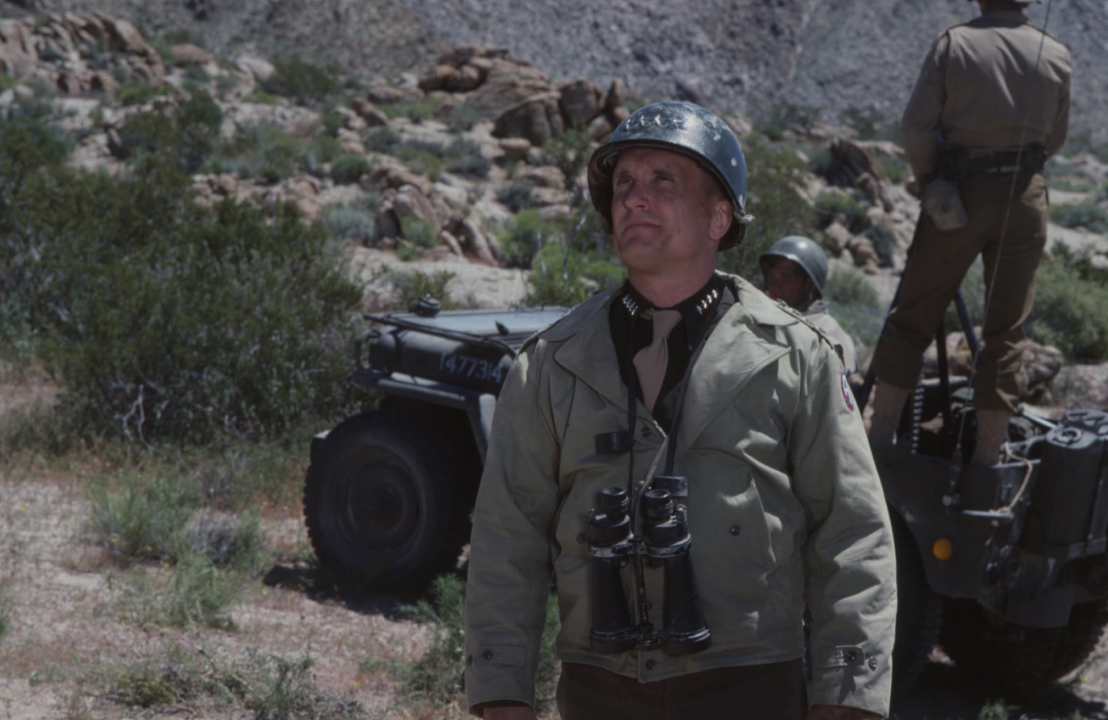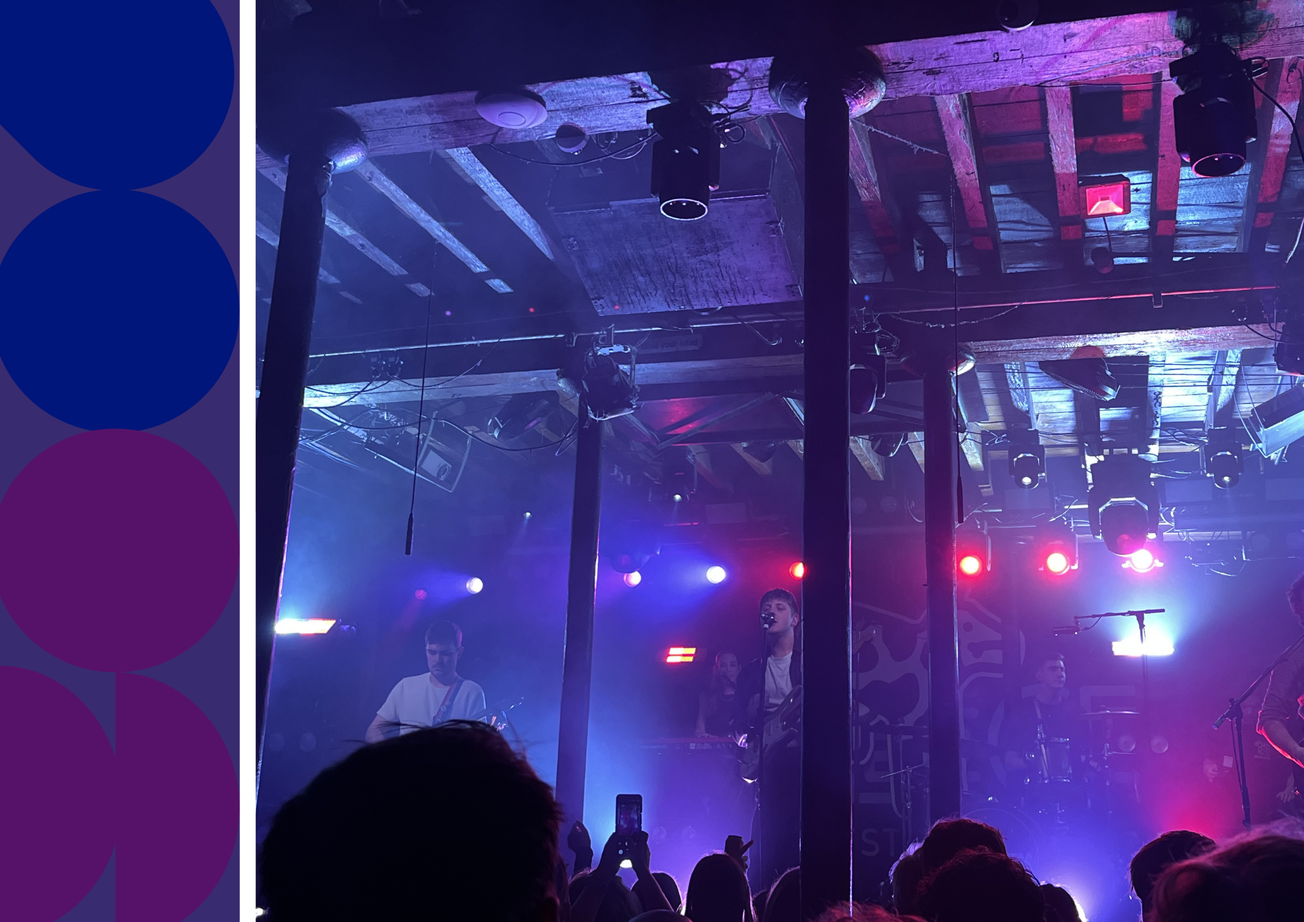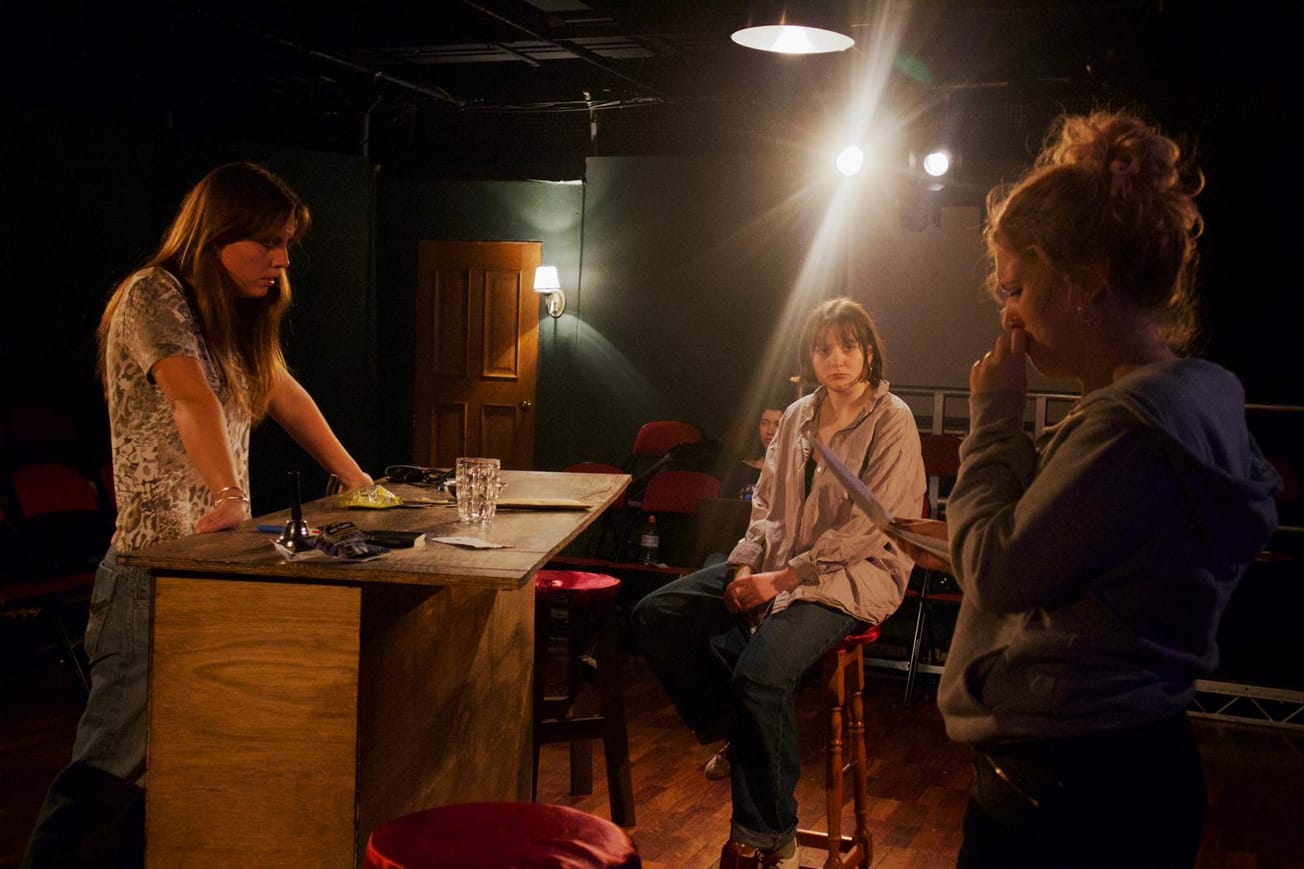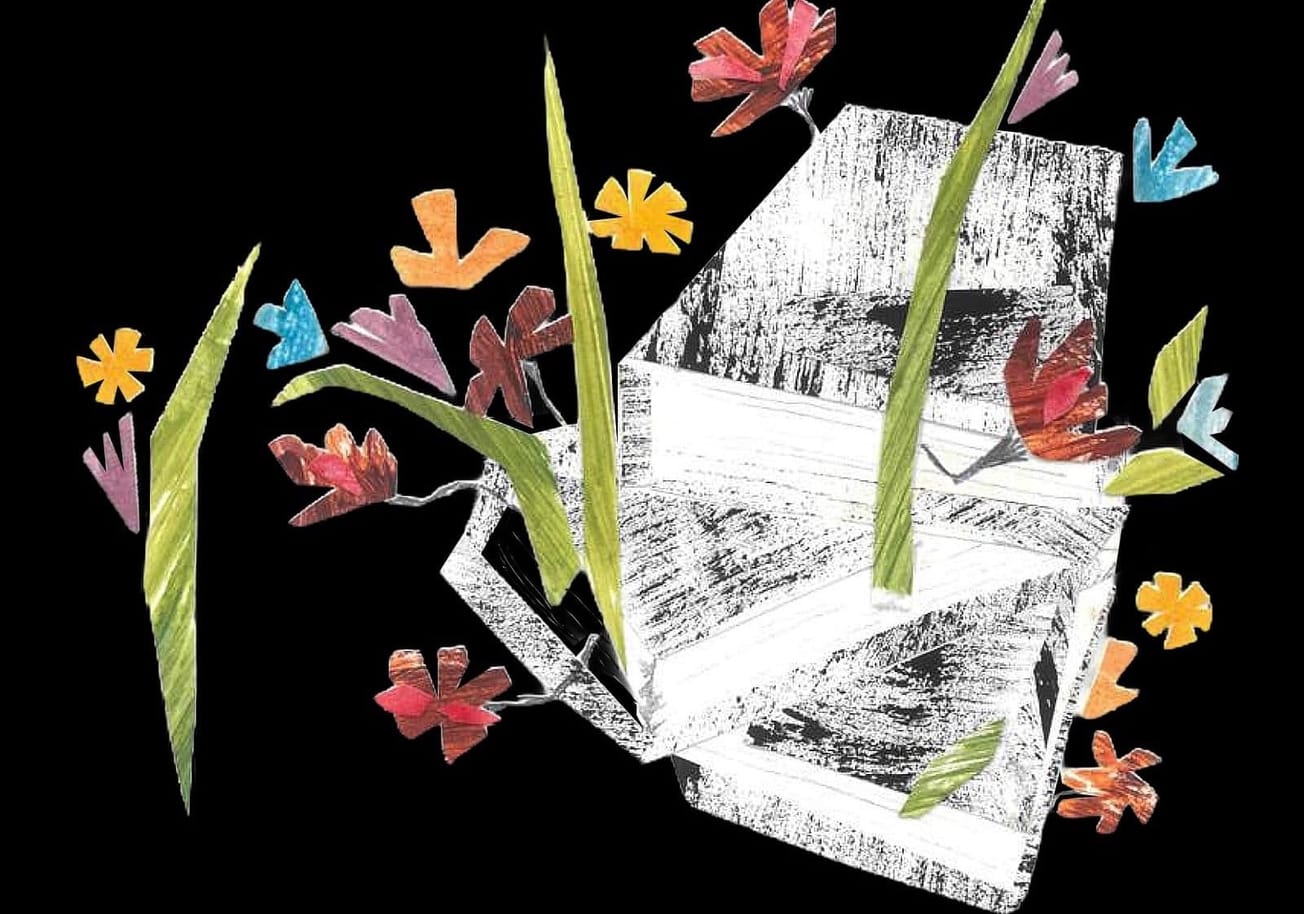By Anna Stephens, Third Year, History
A few months ago I was living in Australia, and I went to see Deadpool 2 (2018) after being invited by a friend. I can’t deny that the film has some really great moments, a funny script and actors I respect a lot, yet I struggled to sit through it. At first I thought there was something wrong with me; while others were deeply engaged, at times I was shielding my eyes and hiding behind my hoodie. My friend thought I was joking, but at one point I got up and left for a while to take a break from the screen.
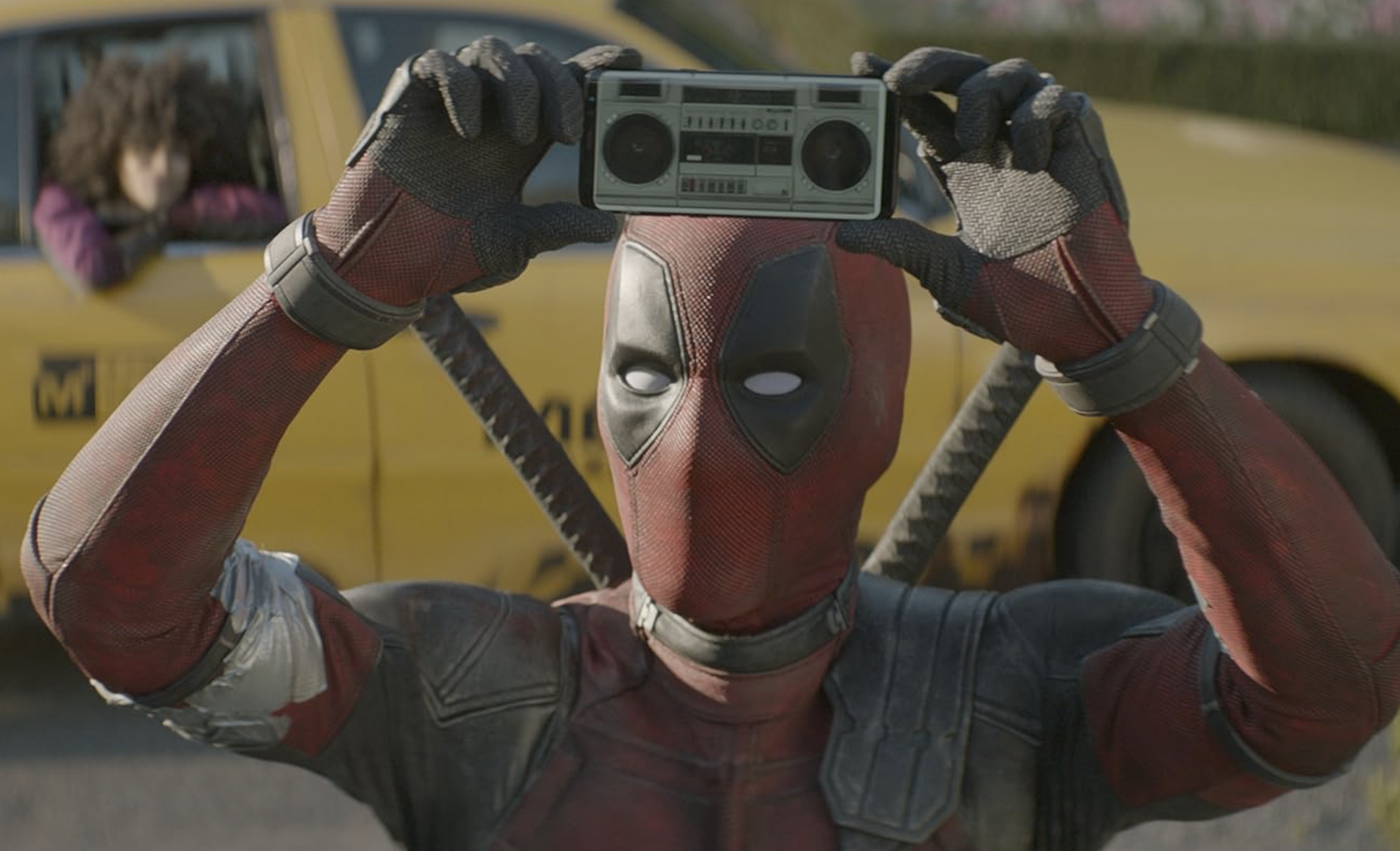
Though I am a very sensitive person - a disposition that affects me in numerous ways - I still found it strange that I was the only person in the cinema who seemed affected by the overt violence in Deadpool. I began to wonder what it was that made certain things - explicit violence in film, for example - so attractive to some but so difficult for others to watch.
Hoping to find out more about this apparent increase in explicit violence, and whether I was alone in wanting to avoid it in films, I began to look deeper into the issue. It turns out that violence in films has more than doubled since 1950, and since 1985, gun violence has more than tripled. As someone currently living in Chile, I have also had the opportunity to speak to two Chilean directors on the issue: Juan Cortes and Sebastian Lelio. Their opinions were diverse and equally valid.
'A Fantastic Woman trailer'| Youtube/ Sony Pictures Classics
In Valparaíso, Chile, I recently attended a screening of Lelio’s A Fantastic Woman (2017), which won the Academy Award for Best Foreign Language Film in 2018. Lelio himself was present to communicate his ideas with the audience, and my partner and I asked him: ‘Do you believe that filmmakers have a moral responsibility for violence?’ Lelio’s response was eloquent and convincing. He said that, to him, art is a playground of opportunity in which one has absolute freedom to express themselves without limitation. ‘Cine no siempre es luz’ - cinema is not always light. Indeed, one of the beauties of cinema is that it enables us to explore the darker side of humanity.
Lelio’s films are not actually that violent, and I definitely understand his point of view, one that centres freedom of expression. However, there are some film directors and artists who create something dark and painful to catch your attention and cause controversy rather than aiming for some higher purpose - Gaspar Noé, for example.
Eager to hear another perspective I asked film director Juan Cortes, whose TV series Taller de Video (2018) was filmed in Valparaíso. He explained: ‘If you have the gift of communicating things which are important, from my perspective, you have responsibility, you have a great power, the same power that any gifted person has, in any area. You are like a father or a mother or an older brother.’
'Trailer for Cortes' Taller de Video' | Youtube/ Equilibre Audiovisual
‘So instead of sharing with your younger brothers everything you are afraid of or everything you dislike of society you should naturally have the conscientiousness of knowing that whatever you share with people is going to have an impact on their lives. If you see humanity as a family then you are responsible for whatever you bring to that family, ego hate or violence etc. With greater power you have greater responsibility.’
For Juan, this argument applies to all professions in society. ‘In every profession you have a responsibility to your people. Artists, like chefs, are feeding humanity; they are feeding them with ideas, and they have a choice what ideas they want to feed. I don’t want to stop any artist producing whatever art they want, as long as they are conscious of what they are doing.’
Artists, like teachers, politicians, judges etc. are also educating their audiences with what they bring to the world, so it is difficult to believe that they are fully exempt from any moral or social responsibility whatsoever.
Having explored this dilemma, I now realise that there is no clear answer to what is ultimately philosophical at its core. The real question is whether the individual has any responsibility for what they bring to society. Art and cinema are intended to provoke, and therein lies the beauty of the piece created.
I see the utility of violence in film when it is necessary to tell the story, and with darker issues such as racism or homophobia prevalent in wider society, it cannot always be avoided. However, it is still vital that the artist remains conscious of what they are bringing to society and the influence it may have.
Featured Image: Epigram/ Anna Stevens
Do you agree with either of these filmmakers?

